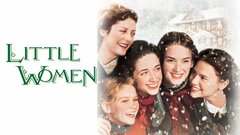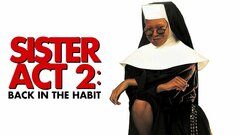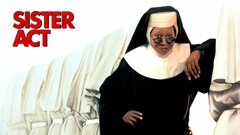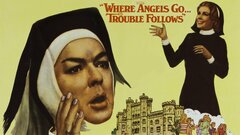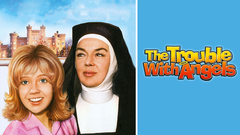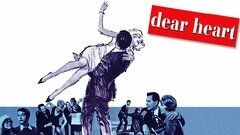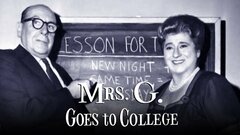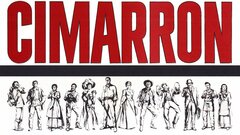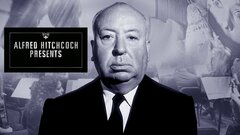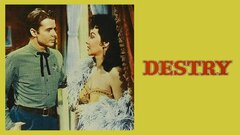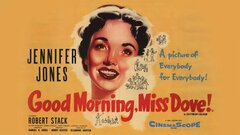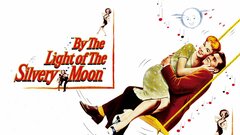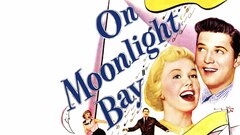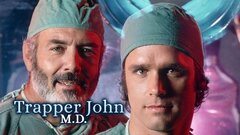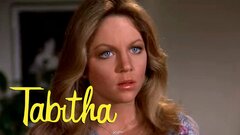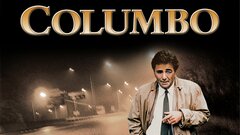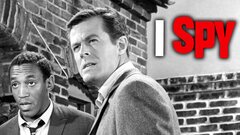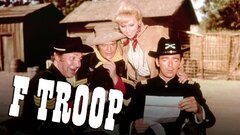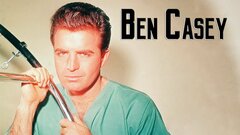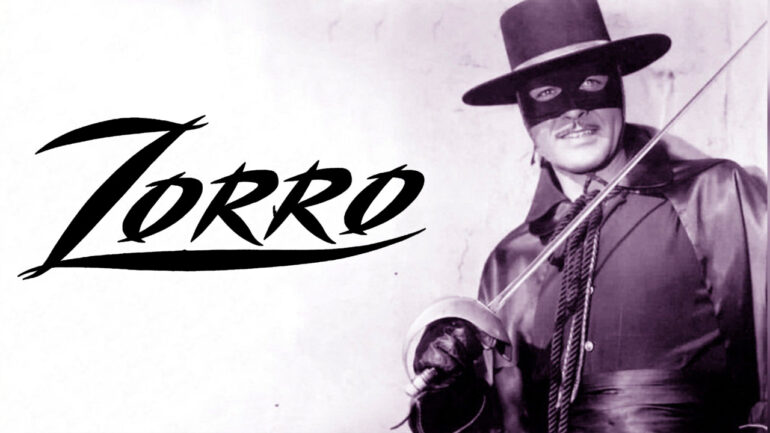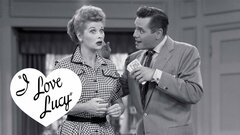A tall, lanky character actress, Wickes was a durable and invaluable comedy player of innumerable housekeepers, nurses and nuns. With her gawky frame, deliciously angular features and famous recessed chin, she wisecracked, busybodied and nosed her way through almost 20 Broadway plays, hundreds of stock productions, ten TV series, countless small-screen guest spots and nearly 50 feature films.
Wickes began on stage in the early 1930s and acted in five plays either written or directed by George S. Kaufman. Her breakthrough came when she hilariously played Miss Preen, the endlessly harassed nurse to the vituperative Sheridan Whiteside (Monty Woolley) in Kaufman and Hart's "The Man Who Came to Dinner" (1939-40). Wickes later recreated her most famous role as her film debut in 1941, in a radio production starring Fred Allen and in a 1972 TV version with Orson Welles.
Once Hollywood had hold of Wickes, she proved she could dish up the guff as well as take it in "Now Voyager" (1942), "Happy Land" (1943), "June Bride" (1948), "On Moonlight Bay" (1951) and "It Happened to Jane" (1959).
Wickes returned occasionally to Broadway in plays from "Hollywood Pinafore" (1945) to a revival of "Oklahoma!" (1979-80, as the warm and earthy Aunt Eller), but once TV caught on in the early 50s, Wickes found another ideal home in the sitcom. She could practically have declared her occupation as "housekeeper" on her income tax for the next few decades, for she played sharp-tongued but efficient and loyal factotums on "The Peter and Mary Show" (1950), "Bonino" (1953), "The Halls of Ivy" (1954), "Annette" (1958), "Sigmund & the Sea Monsters" (1973-75) and "The Father Dowling Mysteries" (1989-91).
Wickes was also the first to play governess extraordinaire Mary Poppins on a "Studio One" production in the 50s. Her Emmy-nominated turn as the landlady on "Mrs. G. Goes to College" (1961-62), her doctor's wife on "Julia" (1968-71) and her crusty nurse on "Doc" (1975-76) were just so many welcome variations on a much-loved persona.
Feature work for Wickes continued with colorful roles in "The Music Man" (1962) and "Snowball Express" (1972). In "The Trouble with Angels" (1966) she played the bus-driving Sister Clarissa, a role she reprised for the lesser sequel, "Where Angels Go . . . Trouble Follows" (1968). Over the years, the tireless Wickes also began to teach seminars on acting in comedy at her alma mater, Washington University (which later awarded her an honorary doctorate), the College of William and Mary and the American Conservatory Theater.
She did extensive volunteer nursing work and served as a board member of several prestigious medical institutions. (An episode of TV's "M*A*S*H," with Wickes as the most decorated nurse of the Korean War, was especially written for her.) In the 90s, Wickes returned to college to earn a Master's Degree at UCLA.
She received her widest feature exposure in years as the hilarious Sister Mary Lazarus in "Sister Act" (1992) and its sequel, "Sister Act 2: Back in the Habit" (1993), and as Aunt March in "Little Women" (1994). Her final film credit was providing the voice of the gargoyle Laverne in Disney's animated "The Hunchback of Notre Dame" (1996).
Expand Bio▼
